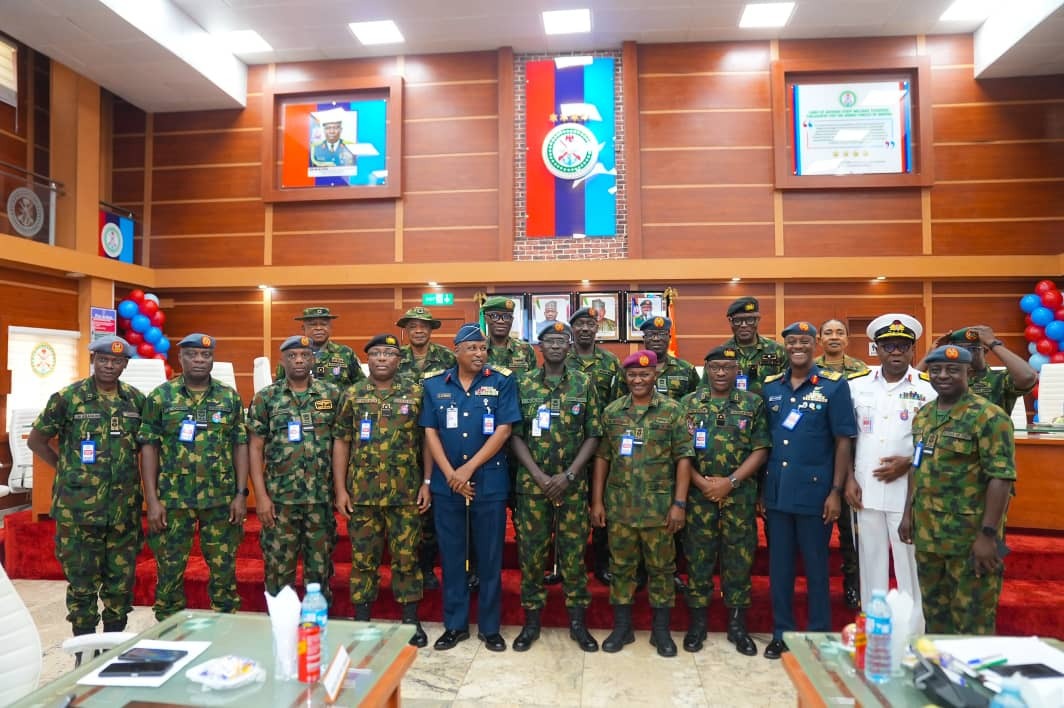
• Tasks countries computerising election on loopholes
• Claims America learnt lessons very late
A Professor, Matt Blaze, has warned that the greatest threat to any election, whether in America, Europe or Africa, remains the twin challenges of misinformation and disinformation.
Blaze, a Georgetown University Professor of Computer Science and Law, in the United States of America, said every other challenge, including cyber attacks, follows sequentially.
The professor spoke at the weekend on ‘Cybersecurity in the Context of Elections’ at the Cybersecurity Virtual Reporting Tour, organised by U.S. Foreign Press Centres, with the theme, ‘A Shared Responsibility: Prioritising Public-Private Partnerships in Cybersecurity.’
He said phishing, malware, ransomware are potential threats to any election process, “but really, the biggest of them all has been misinformation and disinformation.
“This is the existence of a threat used by a malicious party to cast doubt on an election outcome. It is one of the most difficult things to grapple with for those not steeped in technology.”
Blaze said there are vulnerabilities, even in computer-based elections, “but the fact that there exists vulnerability isn’t by itself proof that the vulnerability has been exploited. And in fact, very likely, it hasn’t been. Just as we know there are all sorts of ways to harm a person, but yet we’re all still alive. We know you could choke me or shoot me, but that doesn’t mean I’ve been choked or shot. That’s also true of computer technology.
“So, one of the very important things to be mindful of is that while there are vulnerabilities in parts of the system, we still need to be skeptical of claims that those vulnerabilities have been exploited and that the election outcome is illegitimate.”
On cyber threats to electronic voting, Blaze said he is heartened when he sees countries that don’t rely on unnecessary use of computers because computer technology is inherently unreliable.
He, however, said there is more to elections and the use of cyber technology than just vote casting and vote counting.
Blaze, who said without modern information technology, logistical challenges around elections would be difficult to resolve, urged any country looking at computerising its election infrastructure to look carefully at the risks associated with it and take seriously the threat that the infrastructure could be tampered with or misinformation about the infrastructure could spread in a way that results in loss of confidence in elections.
He said: “Techniques, like the use of paper ballots, possibly scanned and tallied by computer, but with a reliable artifact of the voter’s choices; and then a statistically rigorous risk limiting audit done after the computer tally, can allow the use of some computer technology to make elections more efficient but still give you the high confidence that the outcome is being correctly reported if that equipment was tampered with or had some flaw in it.
“So, I would urge particularly, countries that are trying to modernise their election systems to proceed with enormous caution. Don’t make some of the mistakes that the United States has made by deploying these systems before thinking about the safeguards.”
Blaze, who said elections and its integrity are fundamentally important to the legitimacy of democracy, noted that there are risks limiting audits based on paper ballots, which are critical to ensuring that the election outcome is reported correctly and also for being able to refute spurious claims by a disgruntled losing candidate that the election has been stolen from them.
Speaking on the 2016 elections in the United States, the Georgetown professor said the U.S., largely, misunderstood the scope of the threat to elections, focusing largely on local threats, especially people corruptly trying to get themselves elected as Mayor.
He explained: “I think one of the things that we saw in 2016 is that that wildly underestimates the sophistication of the kinds of attackers that we see in elections that are of international interest. In fact, it is not just potentially dishonest candidates and their supporters that we need to be concerned with, but two other things.
“The first are foreign actors who might be attempting to actually alter an election outcome or an intelligence agency of foreign governments.
“Or potentially foreign actors, whose interest is in undermining the perceived legitimacy of elections. In fact, we saw that in the 2020 election. We found ourselves in a situation in the United States where a significant minority of Americans aren’t sure who won the election. That’s largely due, not to any substantive flaw in the election itself, but to a large-scale misinformation campaign casting doubt on the integrity of the election.
“What we’ve learned is that simply securing an election against a dishonest candidate is only a small part of the problems of maintaining election integrity in a democracy. Perhaps, other countries, apart from the United States, learned that before we did.”






